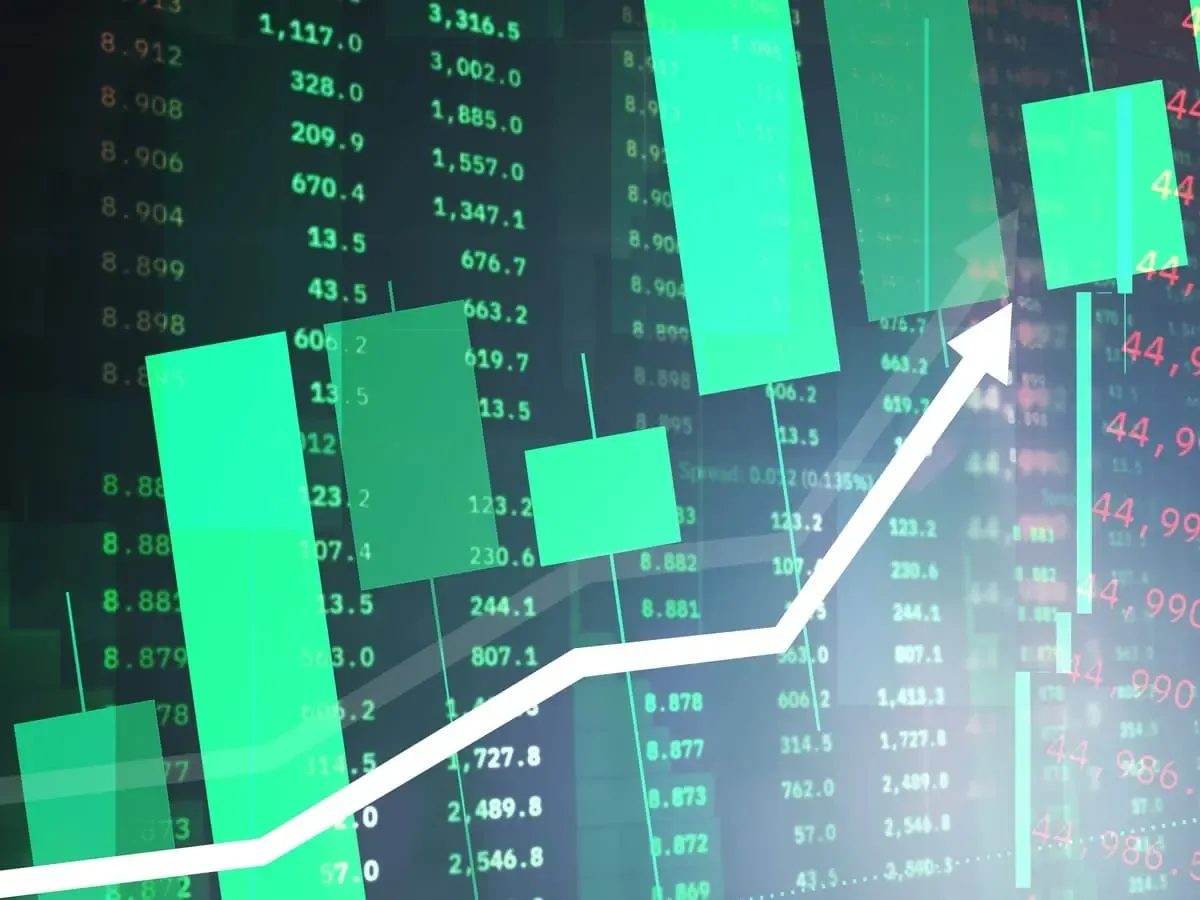Market News
Emerging markets, European equities likely to move higher in 2026 as valuations improve, says Franklin Templeton Institute
.jpeg)
3 min read | Updated on November 27, 2025, 15:09 IST
SUMMARY
Franklin Templeton Institute says that a weakening greenback will also improve financial conditions globally, helping risk assets and capital flows to developing economies.

US small-cap stocks and cyclical sectors, including industrials and financials are expected to benefit from the Fed trimming interest rates. Image: Shutterstock
Franklin Templeton Institute, the global investment management organization which has assets worth $1.69 trillion under management has said that non-US equities especially emerging markets and European equities are likely to go up in 2026 as valuations improve and earnings momentum builds.
“With the US economy showing resilience and corporate profits expanding, the Institute sees a lift in non-US equities, especially in emerging markets and Europe, as valuations improve and earnings momentum builds,” Franklin Templeton Institute said in a statement.
Stephen Dover, Chief Market Strategist and Head of the Franklin Templeton Institute said that the global investment landscape is evolving due to improving profitability and higher valuations in sectors and regions that have historically been overlooked.
“The global investment landscape is evolving, due to improving profitability and higher valuations in sectors and regions that have historically been overlooked, and that’s a welcome turn for investors,” Dover said.
Dover added that while the US remains the magnet for global asset inflows, regions, sectors and asset-classes outside the US are well positioned to benefit in 2026 from monetary easing gaining traction globally and the dollar remaining under pressure.
US small-cap stocks and cyclical sectors, including industrials and financials are expected to benefit from the Fed trimming interest rates and debt servicing costs declining, Franklin Templeton noted.
The US dollar is expected to extend its decline into 2026 as further Federal Reserve rate cuts and a cooling American labour market weigh on the currency, according to Franklin Templeton Institute. A softer dollar could boost returns for global investors by enhancing the performance of emerging-market debt and non-US equities—two asset classes that typically benefit from dollar depreciation, the global asset manager noted.
The Institute says that a weakening greenback will also improve financial conditions globally, helping risk assets and capital flows to developing economies.
Beyond the near-term currency trend, the Franklin Templeton Institute highlights three long-term structural forces that it believes will dominate the investment landscape through the decade:
Artificial intelligence and advanced data technologies are set to drive a multi-year investment boom. Massive capital will be required to expand electricity generation, grid transmission and energy storage to support AI’s surging computational demands. This “feed the beast” effect, Franklin Templeton Institute notes, will reshape infrastructure investments across sectors and regions.
Private equity, private credit and other alternative assets, once limited to institutional investors, are on the verge of entering the mainstream. Greater access for a broader base of savers is expected to funnel capital into private markets, unlocking new sources of return and diversification, the Institute said
**Big government era ** Governments worldwide are running elevated fiscal deficits while embracing industrial policy and navigating de-globalization pressures. These trends, according to the Franklin Templeton, will likely push structural borrowing costs higher, keeping real interest rates elevated for the rest of the decade and altering traditional return expectations.
“As we look ahead to 2026, innovation will serve as the key driver of returns particularly in technology, private markets and digital finance,” said Larry Hatheway, Global Investment Strategist.
“However, with geopolitical divisions likely to persist, inflation pressures lingering, and the potential for shifts in Fed policy, investors must remain both selective and vigilant in the years ahead,” he added.
Related News
About The Author
Next Story



